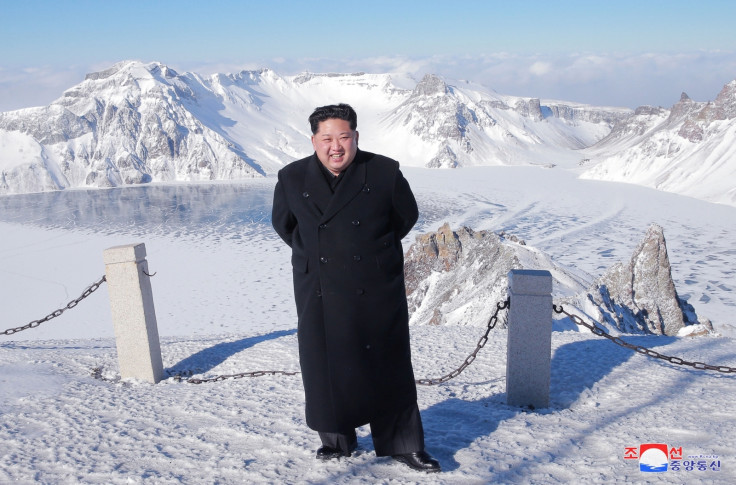North Korea accepts Olympics talks offer but will it ease tensions in Korean peninsula?
In a rare gesture, North Korea has agreed to discuss winter Olympics participation with rival South Korea.
North Korea has accepted rival South Korea's talks offer to discuss the possible participation of Pyongyang's athletes in the upcoming Winter Olympic Games in what can be called a rare gesture, signalling the situation in the badly divided Korean peninsula could improve.
After December 2015, this will be the first such high-level direct contact between the two Koreas, which are technically in a state of war as the 1950-53 conflict did not end in a peace treaty.
Talks will take place in the border village of Panmunjom on 9 January — the so-called truce village which straddles the demilitarised zone (DMZ), one of the world's heavily militarised border with the presence of thousands of troops.
"The two sides decided to discuss working-level issues for the talks by exchanging documents," Baik Tae-hyun, a spokesman for the South Korean unification ministry, told reporters on Friday (5 January).
Ri Son-gwon, Pyongyang's in-charge of inter-Korean affairs, sent a brief document accepting the invitation for dialogue addressing it to Seoul's unification minister, Cho Myoung-gyon.
The imminent talks are expected to focus on the North's potential participation in the PyeongChang Olympics in South Korea and it remains unclear if other topics would be discussed. Yet, South Korean officials hope this could pave way for future talks, which could include easing tension in the region.
South Korean President Moon Jae-in had earlier said the games would provide a "groundbreaking chance" to mend ties between the rival Koreas.
However, according to some analysts, the North's overture could be an attempt by the isolated Kim Jong-un regime, which is already under intense international sanctions, to create wedge between South Korea and the US.
The North's acceptance comes just a day after Seoul and Washington agreed to delay their joint military drills in February — exercises which are often regarded as rehearsal for a full-fledged invasion by Pyongyang.
The latest development comes as a prospective ray of hope against a backdrop of months-long tensions, filled by missile launches, economic sanctions and war of words, in the region.























